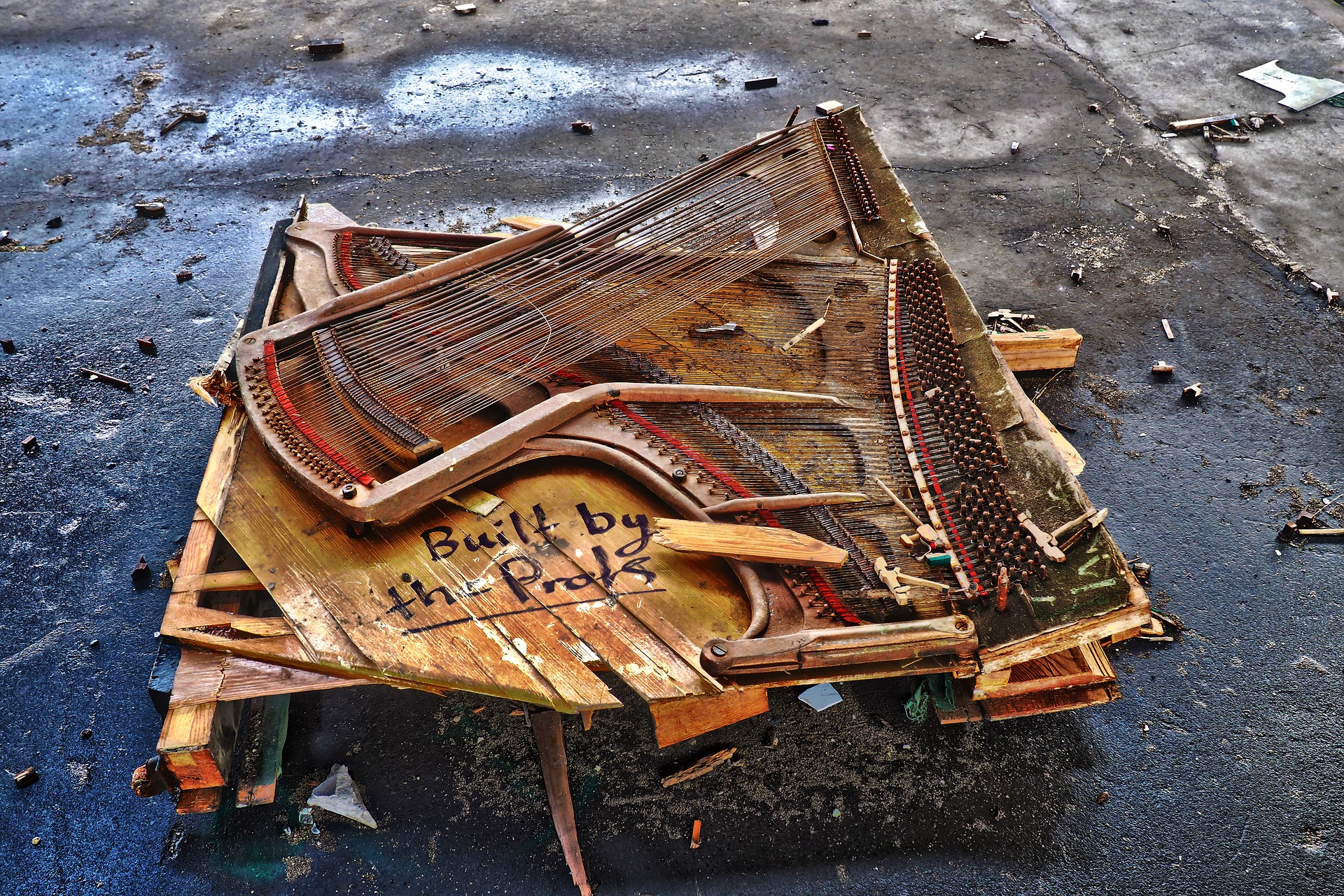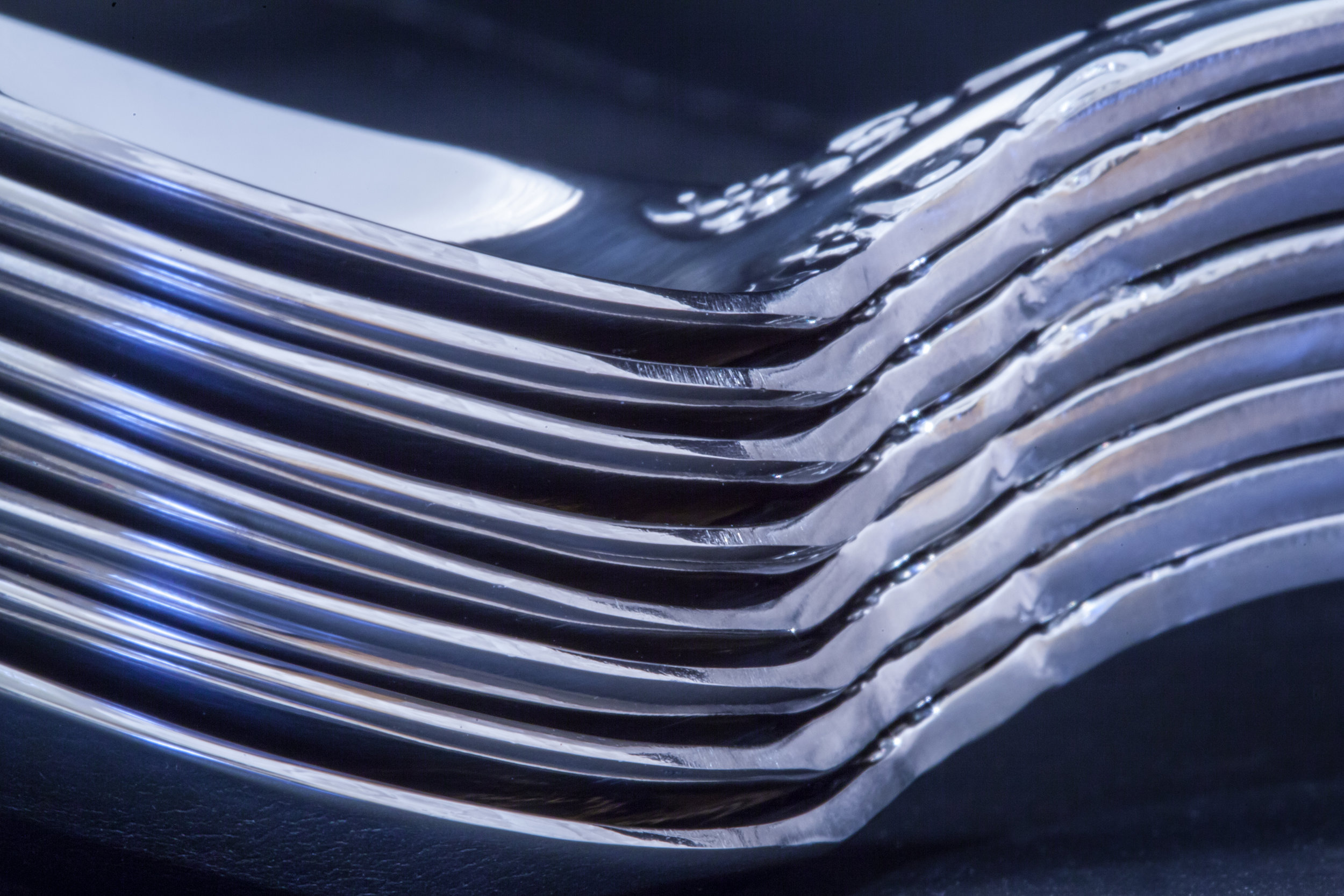Thirty years since he has seen these
fragments from that never fading year of 1968,
phantom shrapnel on our kitchen wall.
I see his old jeep on the pocked road
heading out toward Battery C,
past the gutted buildings where a week before
the Vietcong had held their closest position yet,
the night the Widow Village nearby
emptied on the eve of TET.
Newly mustached with his AK 47
held up for the picture only.
Chaplains weren’t combatants, though
my father might have wished otherwise
sitting in the traffic jam, listening to the mortar rounds
thump into the soggy rice fields just off to his left.
His Chaplain friend stepped on a mine.
His organist drowned in the South China Sea.
He hitched a plane ride to Ankhe
with a pack of jittery wide-eyed boys
who never made it home again
he later learned when he touched down
safe in Saigon to live at least another day.
The white cross on his mud-splashed grill
and on his helmet, maybe stopped a sniper or two,
maybe a hesitation born from years of Catholic
seeding unseen instincts proving
kinder to the moment of a passing crucifix.
His Sunday circuit: headquarters,
the four batteries of Battalion 6,
56th Artillery, and then back to the base again.
Five times the same sermon to the same eyes
in different faces, different skin, all of them
living on the alternating edge of fear and boredom.
Dad was assigned to Air-Defense,
where morale was often low
given a job that was not needed,
shooting down the enemy planes
of an enemy that had none.
They waited twenty-four tense hours a day
for orders that would never come,
though they did shoot rifles once,
when TET brought the war outside their fence.
Some felt strangely better after that.
Their compound looked like high school camp:
a volleyball court and a swimming pool,
bungalows baking in corrugated metal,
bed bunks dripping mosquito nets,
an old rusted tank with sun-heated water
perched above the shower room,
its drizzle cold by ten at night
when my father would take his turn.
He once drummed up from somewhere gravel
to extend the slab of the rickety chapel,
which he transformed into a sanctuary
with the purple curtain sent from home,
the careful angles of the altar rail,
scrapping redwood for sacred touches,
wood chairs replacing sagging benches,
even a pump organ for something like music,
and a large open Bible offering a window—
a look over Jordan to a promised land
away from the sweating edge of Ben-Wha.
He’s forgotten the names of so many now,
but remembers a face, a story, a voice.
The Warrant Officer who married the Vietnamese
woman smiles into the camera like
he wants us to see how he’s turn mud to gold.
The radar crew who retaliate incoming
mortar are laughing. We ask what was funny.
Too particular. He doesn’t remember.
The marketplace bustles with pans of fish
and roots and unrecognizable delicacies.
There’s a prophetess with long curled fingernails,
years upon years of fragile coiling,
offering the camera her grave divinations
in tandem with the hum of three refrigerators.
A soldier stumbles out of a brothel,
arm around a girl with vacant eyes,
freezing at the sight of the chaplain’s lapel
and runs away awkwardly, buttoning his shirt.
An anonymous peasant lies dead in the street
underneath a mangled bicycle
breaking the current in the crowded street.
The palace of Saigon, guarded, pristine,
stands aloof and sanitized white
like the spotless dress of the woman side-saddled
on the motorbike swimming the chaos of traffic.
And here a picture of a family at a table
in a well-swept courtyard beside a thatched hut,
eating their dinner is what I am guessing.
They take no notice of the jeep rumbling by,
the GI chaplain in the passenger seat
with a camera pressed next to his squinted eye,
leaning way out to snatch a sacred
moment of their very ordinary lives:
dinner served with laughing and stories,
and then would come the evening chores,
the settling down with the settling light
to the sweetness of dreams, a boy getting lost
with the pretty girl in that magical place
pictured on the faded tourist brochure
flailing against the barbed wire fence
in the pull of the army jeep’s dark exhaust.



















